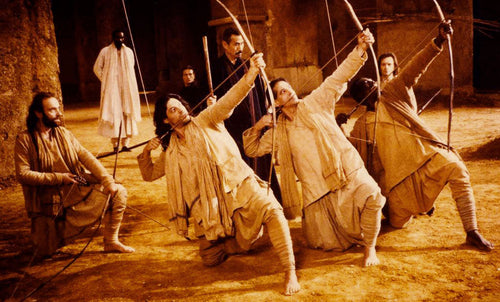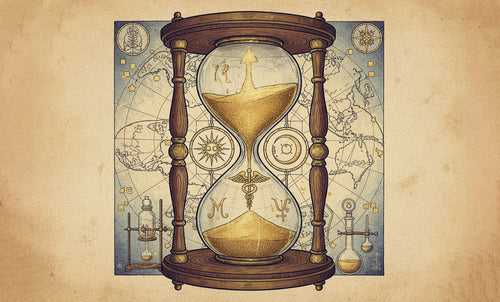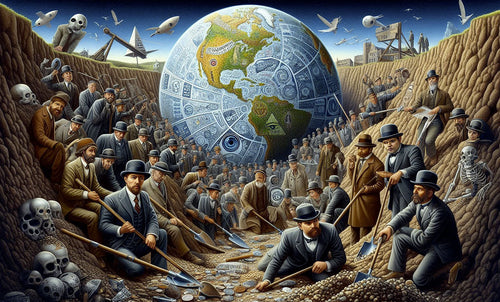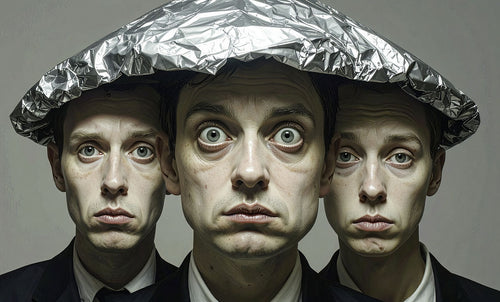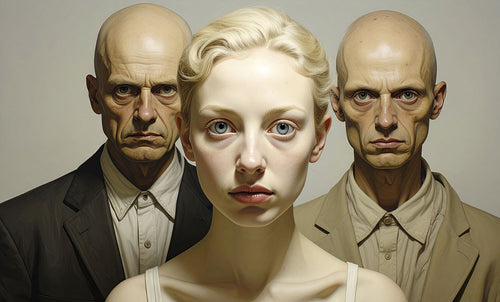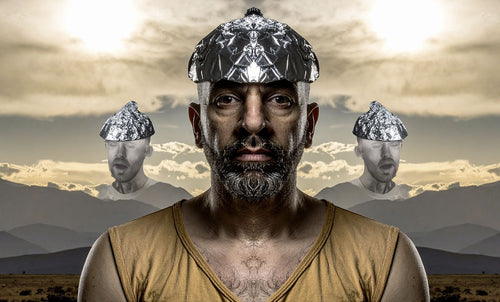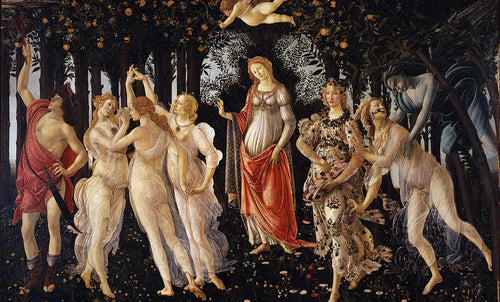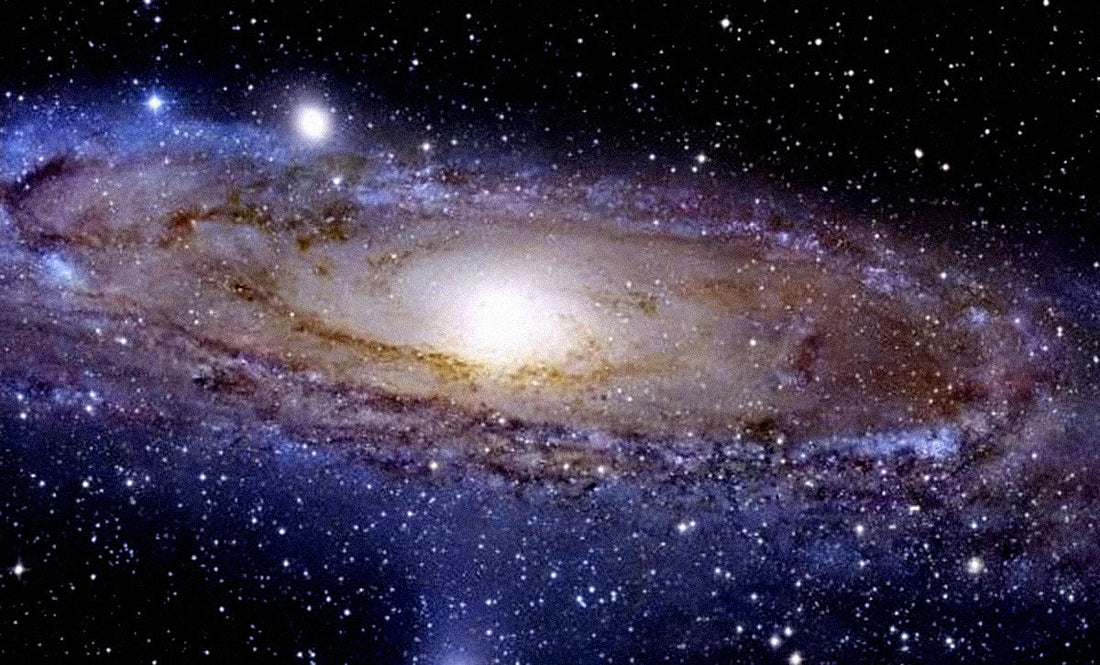
Is God a Word?
Tzur Trevi“What is God? God is not what we think he is. God is not a thing, a being, a noun. He does not exist, as existence is defined, since he takes up no space (or includes all space, but not is limited by it) and is not bound by time. Jewish mystics often refer to it as Ein Sof , meaning Infinity . Ein Sof should never be conceptualized in any way. It should not be called Creator, Almighty, Father, Mother , Infinite, the One, Brahma, Buddha Mind, Allah, Adonai, Elohim, El or Shaddai; and should never, ever be called “He”. It is none of these names and has no gender.
Rav David Cooper from "Gd is a Verb" (Trans. Tzuriel Trevi)
What is God?
Rav David Cooper about ten years ago sent me into fibrillation when I obtained and read the original version (it is not yet translated) of his "Gd is a Verb" .
Psychoanalyst and neo-Hasidic, Rav Cooper is a firm and courageous philosopher who is not afraid to explore our conception of God with a clear and synthetic eye, to dismantle it without mercy, to confirm in its place, simply, nothing other than the disconcerting for us, but real, a situation that imposes itself on us when we finally set out on a path of non-dualistic theomonism, which is nothing other than the inevitable, culminating and definitive phase of the journey that began with the perception of the scale of 'Being as a consequence of the gradual emanatistic unfolding of Creation from Being to the apparently-multiple and other-than-Itself.
When we call Him God, what are we talking about?
If we say it is compassionate, full of loving kindness, the source of love, we may be talking about our image of what we think the divine nature should be, but we are not talking about Ein Sof. Likewise, if we say that the God portrayed in the Bible is vengeful, jealous, angry, cruel, indifferent, or punitive, we cannot be referring to Ein Sof.
Ein Sof includes attributes but cannot be defined by any of them individually or all together. The mystery of the origin of the universe has fascinated every human consciousness since the beginning of recorded history. In all cultures of the world we find the timeless question: is there a creator and if so what is his nature? If not, how did creation begin and what is its purpose? Mystics teach that there is a universal connection between all things; modern science offers the same message. This connection has various names, some say it is a soul force, others call it love; the ancients called it ether, science often calls it energy. (Editor's note* and Massimo Corbucci calls it VQ, Quantum-Mechanical Vacuum ).
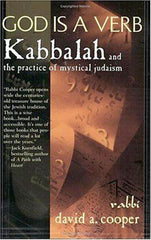
However, although there is general agreement that there appears to be a fundamental nature to the continually unfolding universe, our relationship to the core of this nature has been the subject of considerable debate. Jewish mystics are particularly concerned with naming the universal connection. People confuse names with identities. Many primitive cultures have secret names. They won't tell you their names for fear that you have power over them. Likewise, sometimes, they won't allow you to photograph them. In the primitive mind, a person's essence can be captured and imprisoned if one has control over a name or image. When we give a name to the nameless, it is an obstacle that trips up most people. We think that if it has a name, it has an identity. An identity comes with attributes. So we think we know something. This is an error . For thousands of years this error has been ingrained in the human psyche. The word "God" suggests the embodiment of something that can be grasped. We named the unknown and unknowable and then spent endless time trying to know it.

